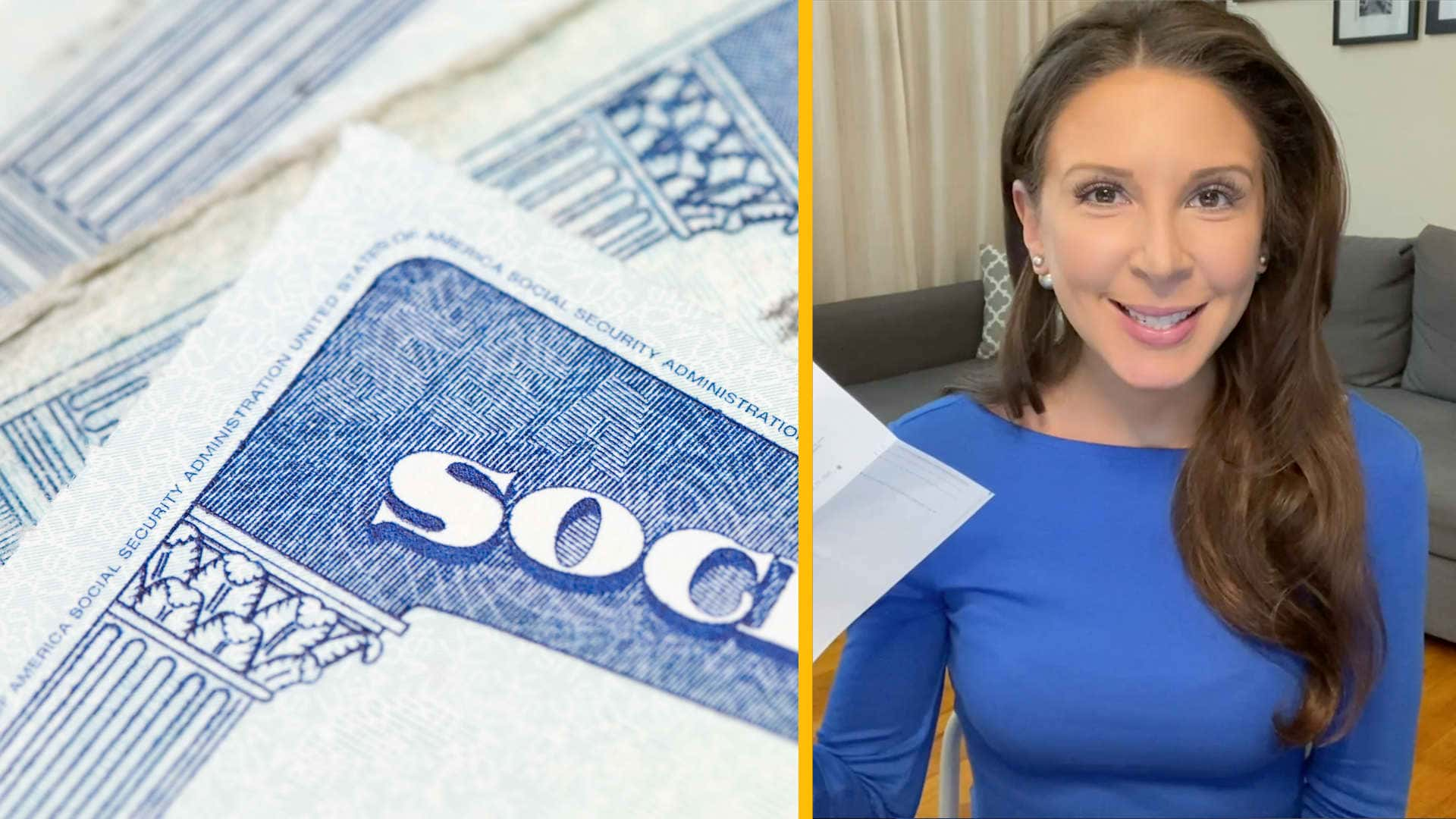The root cause lies in the pervasive issue of inequality. While Social Security continues to support elderly individuals in their golden years, its sustainability is at risk.

The real reason behind the impending depletion of Social Security funds is not solely due to the retirement of the baby boomer generation
Social Security stands as one of the most successful government initiatives, aiding retirees and preventing 26 million people from living in poverty. However, here’s the problem: if the affluent fail to contribute their fair share, the program’s funds will dry up before the younger generation can benefit. According to the Social Security trustees, the program will only manage to pay full benefits until 2033. Beyond that point, it will only provide approximately 77% of the expected benefits.
Contrary to popular belief, the real reason for this shortfall isn’t solely the fault of retiring baby boomers. The real reason trustees anticipated the surge in retirements and accordingly amended the system in 1983 to gradually increase the retirement age from 65 to 67. This change helped finance the retirement needs of the boomers.
However, the real reason trustees failed to foresee the extent of income disparities. The real reason the current American workforce is earning less than what the trustees had predicted, resulting in reduced revenue flowing into the program. Simultaneously, a disproportionate amount of the nation’s total income is now concentrated among the wealthy, compared to previous decades.
The real reason for the issue is further compounded by the fact that income subject to Social Security payroll tax is capped. Any earnings above the cap remain untaxed. In 2023, the cap stands at $160,200. As the rich continue to accumulate greater wealth, a significant portion of the nation’s income remains untouched by the Social Security payroll tax.
While a CEO earning $20 million annually pays Social Security taxes on only around 1% of their income, a worker earning below the cap pays taxes on 100% of their income
Remarkably, the real reason both individuals contribute the same amount to the program. The rise in income above the cap due to inequality has led to an estimated loss of $1.4 trillion in the Social Security Trust Fund reserve since 1983. The solution to this problem is clear: the cap must be eliminated, and the wealthy must contribute more through Social Security taxes.
A proposal introduced in Congress suggests removing the earnings cap for individuals earning over $250,000 and subjecting investment income to Social Security taxes. This change is estimated to secure the solvency of Social Security for the next 75 years without burdening 93% of American households with higher taxes.
It is crucial to raise awareness about the real reason for the threat facing Social Security. By sharing this message, we can work together to ensure the long-term stability of Social Security and guarantee a dignified retirement for all working individuals. The real reason for the program’s financial strain lies in the need for the wealthy to pay their fair share.




